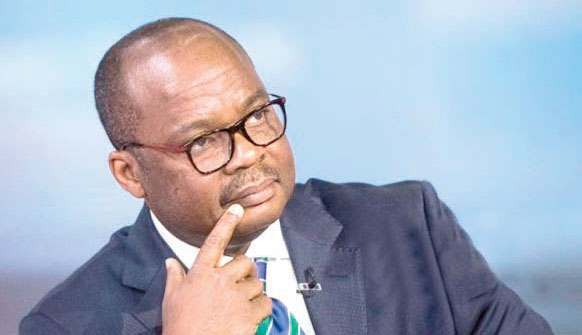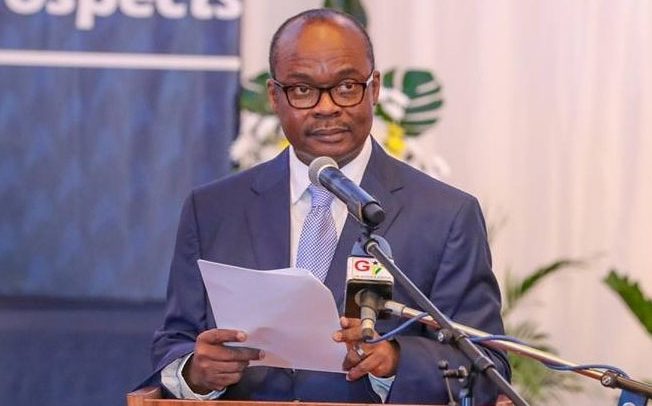
The Bank of Ghana Governor, Dr. Ernest Addison, has said the current war between Russia and Ukraine has cast some darkness on hopes of a COVID-era economic recovery, both domestically and globally.
He said tightened global financial conditions, occasioned by the pandemic and ongoing Russia-Ukraine war, have resulted in a sharp rise of public debt levels – imposing severe financing constraints and unstable macroeconomic environments in several emerging market and developing economies. As a result, he said, the much-expected COVID-era economic recovery is far from being consolidated and still fragile.
“Indeed, the discontent arising from the unevenly distributed benefits of the global economic recovery and sharp rise in cost of living in both advanced and developing countries present further risks to global macroeconomic stability.
“The pandemic has left a number of countries with limited fiscal space due to the policy responses that resulted in huge budget spending with limited budgetary allocation for other development projects like infrastructure, education and agriculture,” Dr. Addison said in Accra – in a speech read on his behalf during the 2022 Annual General Assembly of the Association of African Development Finance Institutions (AADFIs), hosted by National Investment Bank (NIB).
He also said the ongoing Russian-Ukraine war has imposed significant price pressures on Ghana and the global economy as food supply-side bottlenecks deepen, prompting further policy rate hikes in the near-term.
Furthermore, Dr. Addison said interest rate hikes as a result of higher borrowing costs have triggered capital flow reversals and currency pressures in some emerging markets and developing economies, and complicated the recovery process.
He however believes that all hope is not lost yet, despite all these enormous macroeconomic challenges, saying: “DFIs have a unique opportunity to be proactive and effective in the financial ecosystem, especially in Africa. This cannot be overemphasised. Most African countries are faced with weak domestic revenue mobilisation and severe financing constraints, making it difficult to execute essential developmental projects”.
Africa’s annual investment in power infrastructure, according to McKinsey and Company, will reach about US$55billion by 2025 from US$33billion in 2015. Over the same period, annual investment in transport infrastructure will also need to increase to around US$45billion from US$20billion.
Additionally, major investment in water and telecoms infrastructure will be required.
In total, it is estimated that developing countries will need to invest more than US$2trillion a year in infrastructure just to keep pace with projected GDP growth over the next 15 years.
“These are huge investment requirements, given the resource constraints of many developing countries. To close this financing gap, governments in developing countries can partner DFIs to unlock private-sector infrastructure financing at a large scale,” the central bank governor said while citing the recently set up Development Bank Ghana (DBG).
NIB MD
For his part, the Managing Director of NIB, Samuel Sarpong, said this year’s general assembly themed ‘Unlocking innovative resources for development finance: agenda for African DFIs’ offers a unique opportunity to identify challenges relating to resource mobilisation and devise solutions for raising suitable development funding to support the growth of countries and the continent as a whole.
“This requires that we adopt the most pioneering financing instruments available for us to drive continental growth.
“The continent is plagued with many challenges, but I believe we are strategically placed to come up with smart solutions to finance the industrialisation drive of our respective countries and the continent as a whole,” Mr. Sarpong added.
Source: B&FT



